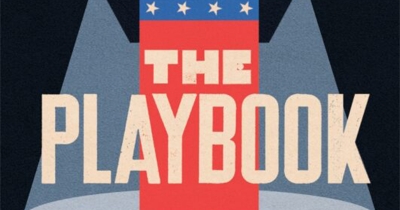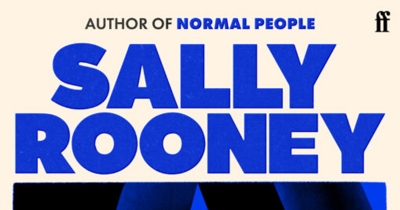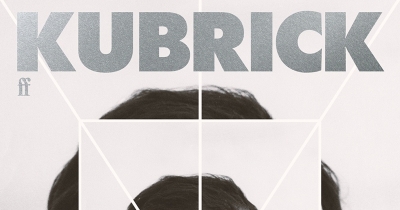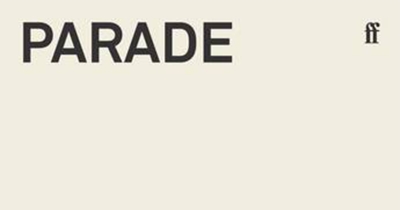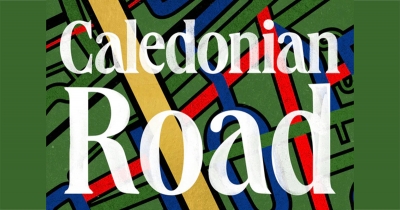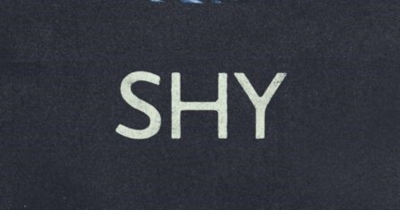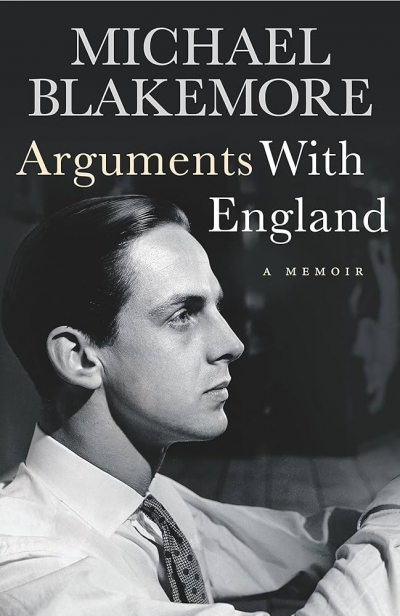Faber
The Playbook: A story of theatre, democracy and the making of a culture war by James Shapiro
by Paul Giles •
Kubrick: An odyssey by Robert P. Kolker and Nathan Abrams
by Peter Goldsworthy •
Other Colours: Essays and a Story by Orhan Pamuk (trans. By Maureen Freely)
by Sarah Kanowski •
Arguments with England: A memoir by Michael Blakemore
by Philip Drew •

